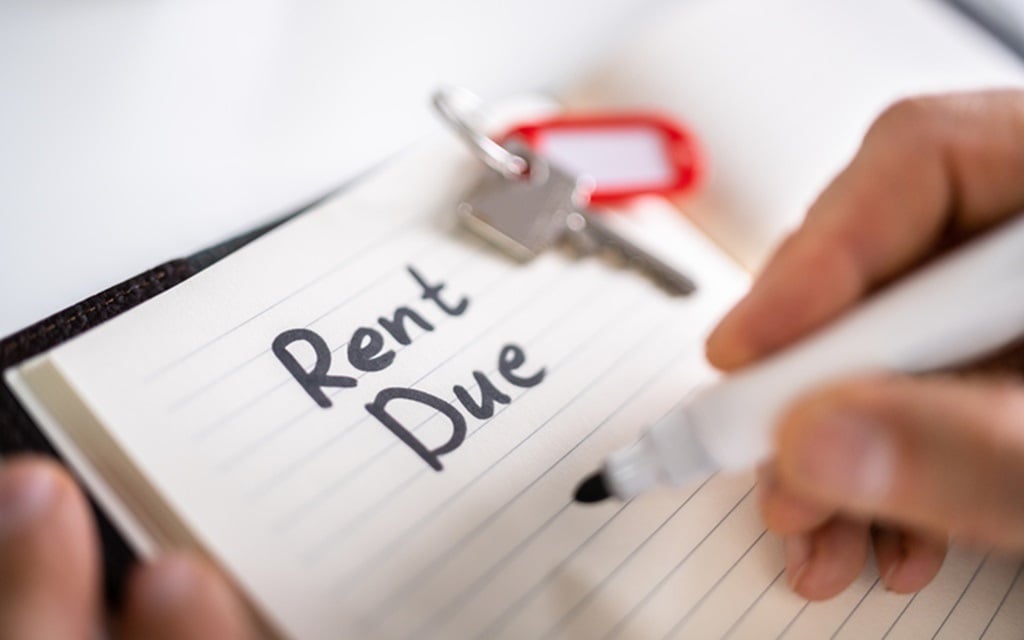
Almost one in five residential tenants are still in arrears, despite an improvement since a spike during the Covid-19 hard lockdowns in the second quarter of 2020.
The Payprop Rental Index shows 18.3% of tenants were in arrears during the third quarter of this year. This is roughly the same as the about 18.5% in arrears during the past five quarters before that. It is even lower than the arrears level of 19.3% seen in the first quarter of 2020, just before the start of the pandemic.
According to Johette Smuts, head of data analytics at PayProp South Africa, so far, the rising cost of living does not appear to have stopped tenants in general from paying rent.
Rental growth
In the third quarter, the average national rent grew by 3%, 3.1%, and 2.6% year-on-year in July, August and September, respectively. Unfortunately, inflation also increased during the quarter, measuring 7.8%, 7.6%, and 7.6% in those months, respectively.
The average national rent was R8 023 in the third quarter - the first quarter it broke the R8 000 mark.
In Gauteng, the average rent increased by R147 year-on-year, from R8 235 in the third quarter of 2021 to R8 382 in the third quarter of 2022. In KwaZulu-Natal, average rent increased by 3.7% y/y. The average rent in the province now stands at R8 537.
The Western Cape's average rent increased by 2.9%, the same as the national average. The province saw average rent increase by R268 to R9 533. The province continues to have the highest rent in the country, with an average of more than R1 500 above the national figure.
Smuts says higher interest rates are most likely one of the contributors to the recovery in rental growth.
In November the SA Reserve Bank's Monetary Policy Committee (MPC) increased the repo rate by a further 75 basis points to 7%. This is the seventh consecutive hike, and interest rates are now at their highest level since 2016. The prime rate is now 10.5%.
"Higher bond repayments may be incentivising tenants to rent for longer, thereby increasing the demand for rental properties, and pushing prices up," explains Smuts.
"While higher interest rates may increase the demand for rentals, they also slow down economic growth, which can negatively impact tenants' ability to afford higher rental price increases. It is, therefore, quite difficult to predict how far the rental growth recovery will go."

